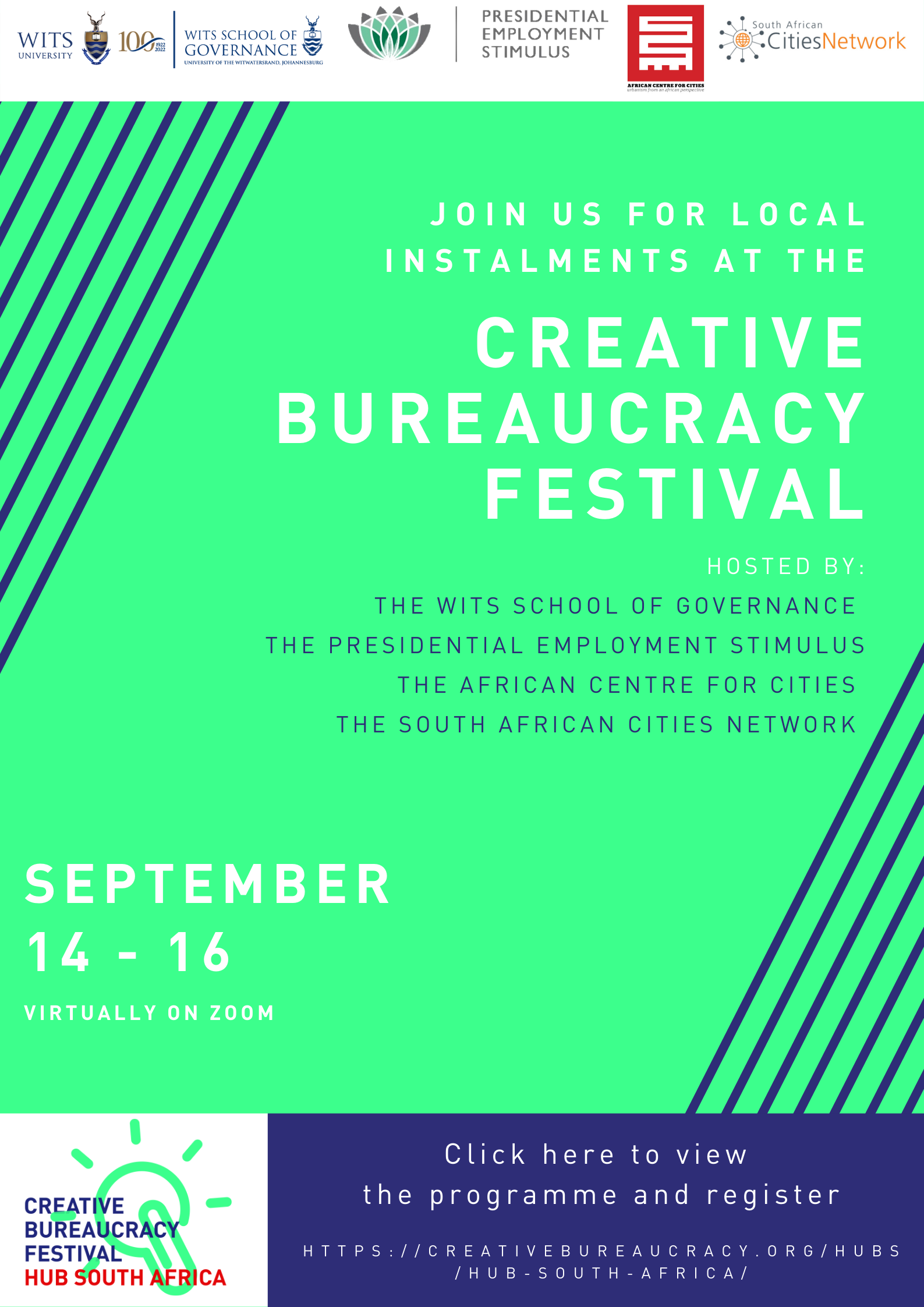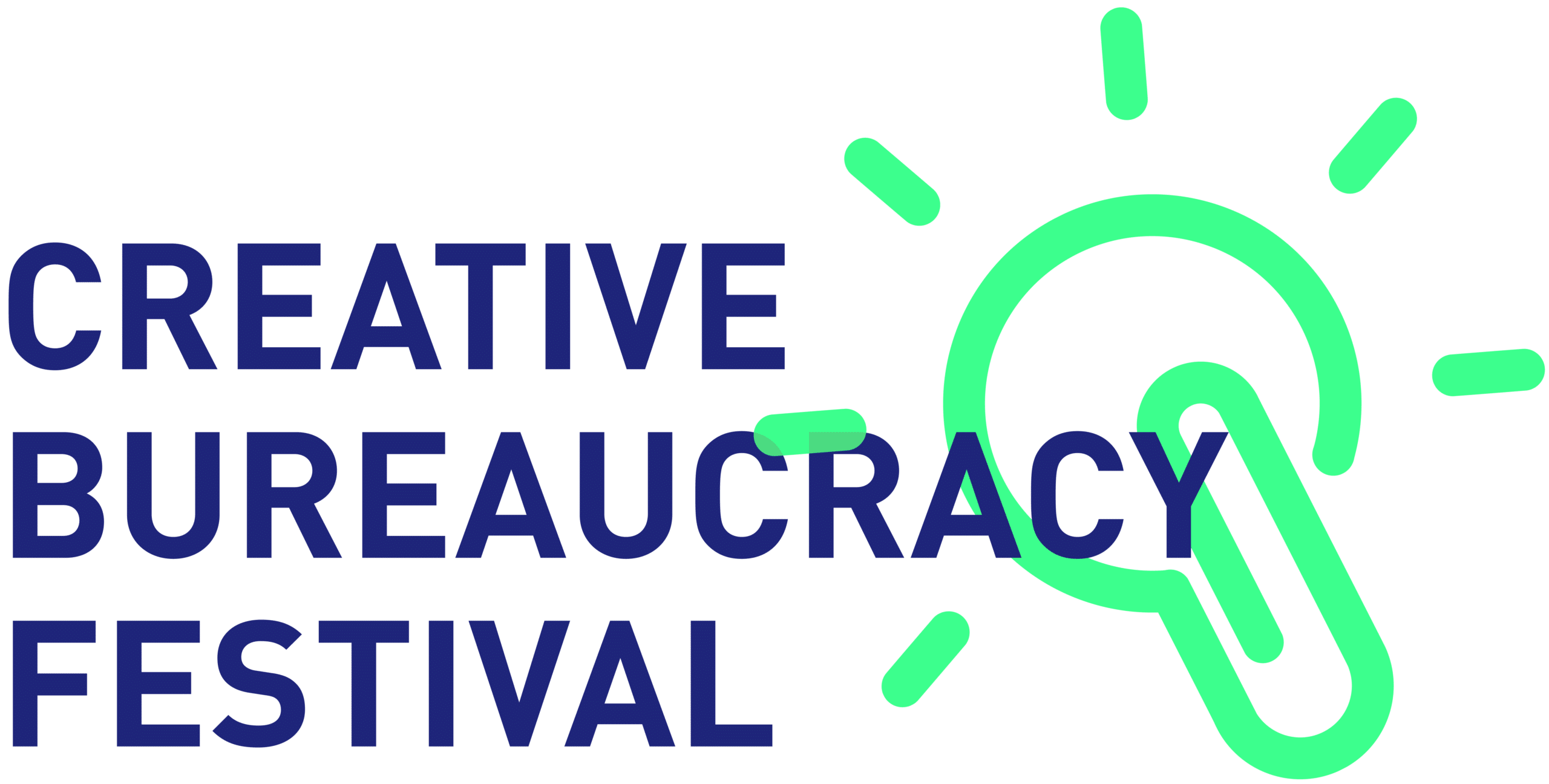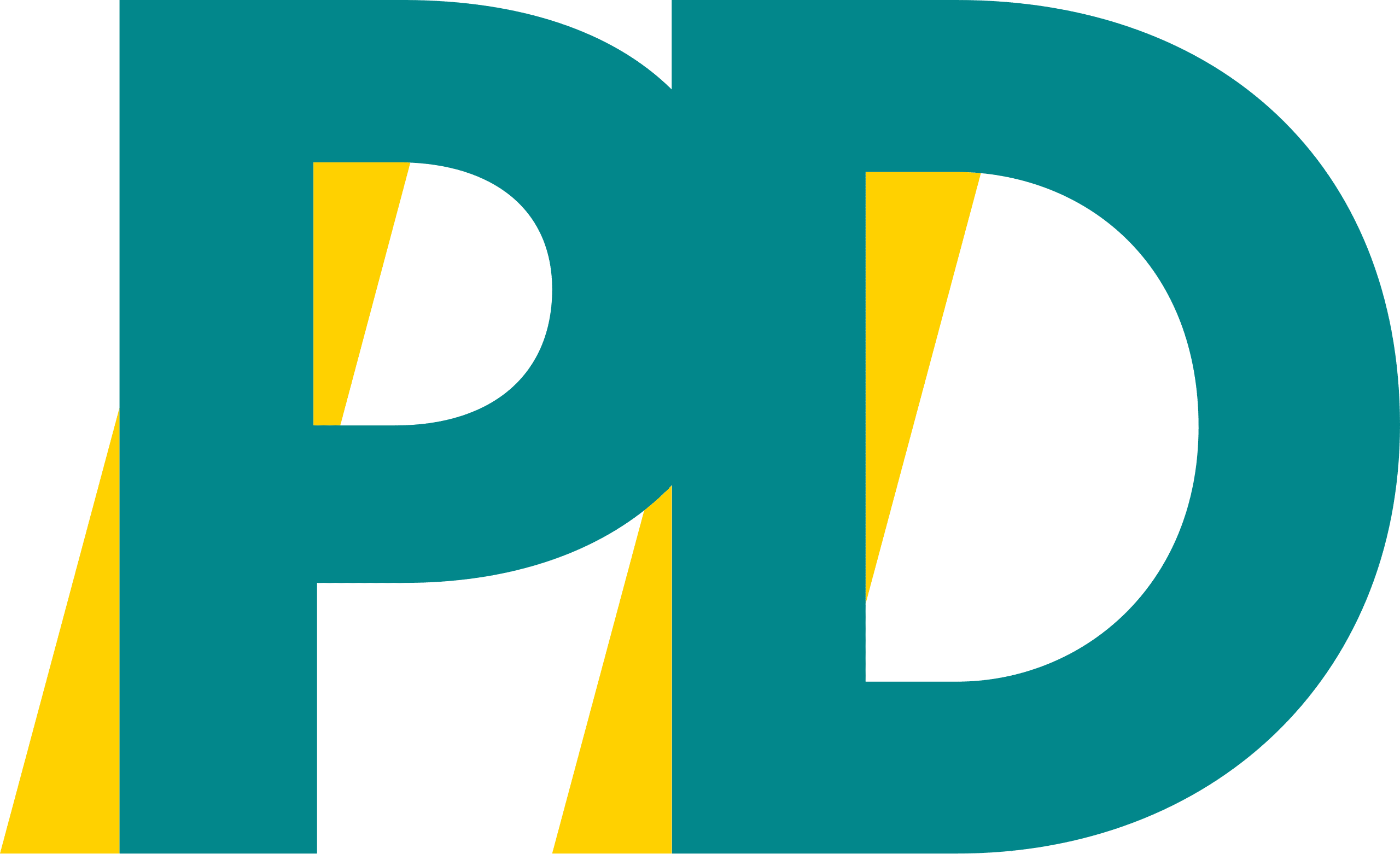THE LAST CREATIVE BUREAUCRACY FESTIVAL HUB SOUTH AFRICA TOOK PLACE FROM 14-16 SEPTEMBER 2021
Tuesday, 14 September 2021
Host: South African Cities Network
Good Hood Stories: Creative government-community partnering
08:30 – 09:00
Kayla Hanna Brown in conversation with George Eldridge Jerry
George Eldridge Jerry is a community activist working at the Mandela Bay Development Agency. He has been working at the MBDA as a Social Development Facilitator since 2012, where he works directly with the Gqeberha communities to partner on development projects. He also has many years’ experience in political office as councillor in the Mandela Bay Metro Municipality between 1994 and 2008.
Host: Wits School of Governance
Session 1: Possibilities through Innovative Exchange – Local Government & Community Collaborations
09:00 – 10:00
Positive change happens every day in our cities, towns and neighbourhoods. And sometimes we don’t get to acknowledge or even recognise this change unless it is accompanied by brightly coloured flashing lights, or a flawless scorecard. Yet these wonderful stories of collaboration, creativity and working outside boundaries and in spite of bureaucratic hurdles are happening all around us. Perhaps now more than ever, when we are cynical about politics and despondent about the challenges that beset society, is when we need a reminder of what is possible.
It is important that we hear these stories, recognise these efforts towards constructive, progressive change, celebrate them, allow ourselves to be inspired and learn from the lessons that they reveal for our own practice. What can happen when civil society, the private sector and the state join hands in finding solutions? When the state opens up to collaboration and walks the path towards innovative engagement with, and even led by, the communities that they serve?
These successes should not only be seen as government wins, but as cause for celebration for a society that works for the common good.
In this session we will reflect on stories of collaboration, creativity and solidarity – some initiated by communities, others by local government, and still others from formalised partnerships between government and academia. We ask whether these stories of meaningful change and of innovative ways of thinking through societal challenges, can help us think differently about what we can do; how we can evaluate ourselves, our systems and initiatives; and how we should assess our successes.
The session is aimed at committed and forward-thinking public servants, who understand bureaucratic systems, but who also understand the need to navigate those systems for a different kind of conversation about what is possible and how our successes should be measured.
Session 2: Bridging the Gap – Creative Intersections between NGOs and the State –
14:00 – 15:00
In this session we aim to celebrate both members of civil society who partner with the state to make an impact, and those mutually beneficial relationships. Often, this relationship is cast as adversarial, with civil society, in the form of Non-Government Organisations, playing an important role of stepping in when there are failures of the state. In these sessions, however, we look to those relationships that are convivial, productive and generative – where civil society are active partners with the state, in together addressing some of society’s challenges.
In this session we ask about the nature of the relationship in which these co-productive engagements happen, and we ask about the necessity of nurturing and supporting such mutualistic engagements. We do not expect that these relationships will necessarily be formal, nor at some imagined phase of maturity. We are also looking for emerging possibilities that allow us to think beyond the bureaucratic structures of stakeholder engagement, or business-as-usual public participation.
Wednesday, 15 September 2021
Host: South African Cities Network
Good Hood Stories: Township development through cycling
08:30 – 09:00
Kayla Hanna Brown in conversation with Mzikhona Mgedle
Mzikhona Mgedle is a bicycle activist and founder of the Langa Bicycle Hub. He has experience working at Open Streets where he established his passion for non-motorised transport. He is currently working hard to expand the Langa Bicycle Hub to spread an inclusive cycling culture in Langa.
Host: Presidential Employment Stimulus
Session 1: Lessons of innovation from the Presidential Employment Stimulus
09:00 – 09:50
The Presidential Employment Stimulus has rolled out rapidly to reach over 500,000 people with jobs and livelihood support measures since its announcement in October 2020. Eleven national departments contributed to this outcome. Jobs were created in schools, in the environmental sector, in rural roads maintenance, the Business Process Outsourcing sector and more. Livelihoods were supported for subsistence farmers, in the creative sector and for ECD practitioners. As the next phase of the stimulus begins, this session will reflect on lessons so far. What innovation took place – and what drove them? What lessons can be learned about delivering at scale? What obstacles were faced – and what could be done differently? This session will draw on inputs from many of the eleven departments that participated in Phase One.
Session 2: The Basic Education Employment Intervention
10:00 – 10:50
The Basic Education Employment Intervention was the largest programme in the Presidential Employment Stimulus. It employed nearly 320,000 young people in over 22,000 schools – a massive rollout in short timeframes, in the midst of COVID. It was only possible because of public officials who went the extra mile. This session will explore what it took behind the scenes to make it happen – at national, provincial and school level.
Session 3: The Presidential Youth Employment Intervention: Accelerating support to young people
11:00 – 11:50
On June 16 in 2021, President Cyril Ramaphosa launched the PYEI’s national Pathway Management Network, SA Youth. This network brings together all relevant stakeholders to ensure young people successfully transition into and through the labour market by providing them with a wide range of support, linking them to opportunities and addressing barriers they face. Doing this has, however, required extensive partnership building processes, both in civil society and within government. This session will explain what the Pathway Management Network is, what it hopes to achieve for youth – and the ‘creative bureaucracy’ involved in getting it to this point.
Thursday, 16 September 2021
Host: South African Cities Network
Good Hood Stories: Inner-city collaboration for food security
08:30 – 09:00
Kayla Hanna Brown in conversation with Brendon Martens
Brendon Martens is the CEO of the Urban Agriculture Initiative, which supports urban farmers to grow their businesses and support local food for local communities. Brendon also works as an impact consultant, supporting private and public sector clients with strategic advice, programme design and implementation for their socio-economic and economic development programmes.
Host: African Centre for Cities
Session 1: Nourish to Flourish – The Food Systems Paradigm and Approach in the Western Cape
09:00 – 10:00
Since 2015 the Western Cape Government has been engaging in food and nutrition issues, in innovative ways. Initially through the development of a strategic framework, referred to as Nourish to Flourish, now expanded into a range of collaborations across food and nutrition system issues with a range of key stakeholders, and more recently in the establishment of a multi-departmental stakeholder forum to combine often disparate governmental mandates, budgets and functions to work towards a collective outcome, food and nutrition security. The hunger crisis experienced in the wake COVID-19 pandemic highlighted the levels of insecurity that have long been a feature of life in low-income communities in the region, and the country. Responding to these issues requires a whole of government, transversal approach.
Session 2: Evolution and Innovations of Ecological Systems under Climate Change
10:00 – 11:00
The session explores the evolution and innovations of the Sihlazimvelo and Transformative River Management Programmes. The Sihlazimvelo programme has been in operation since 2011/12, led and funded by eThekwini Municipality. It is a community-based stream management programme working to reduce flooding through removing blockages in streams created by solid waste and invasive alien vegetation. It creates local work opportunities through training, supporting the establishment of and contracting local cooperatives to clean the stream and maintain a 3m verge either side of the stream. Sihlanzimvelo is managed by and budgeted from the Roads and Stormwater Maintenance Department, but works with catchment management, environmental health, economic development, solid waste, parks and recreation, water and sanitation, and environmental planning and climate protection departments, as well as the community participation and business support functions within the city government. The programme currently operates on public land in low income, high-density areas with high levels of unemployment in eThekwini’s upper catchments, in the streams that are relatively accessible. With the support of the C40 Cities Finance Facility, the programme team have developed a business plan to scale up the programme from 300 km to 3000 km of streams and rivers across city-owned land in Durban, with the aim of ultimately reaching all 7000km of waterways across the city, under the Transformative River Management Programme. Sihlanzimvelo has linkages with the Green Corridors programme developing local recycling and upcycling centres to create jobs and products from the waste and alien vegetation removed from the streams.



